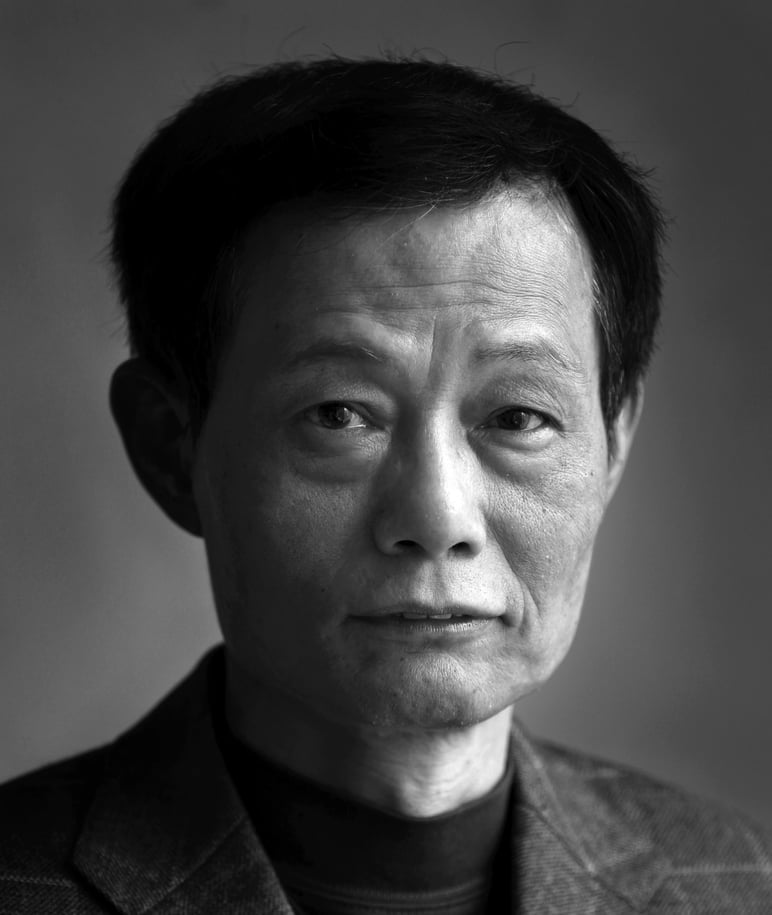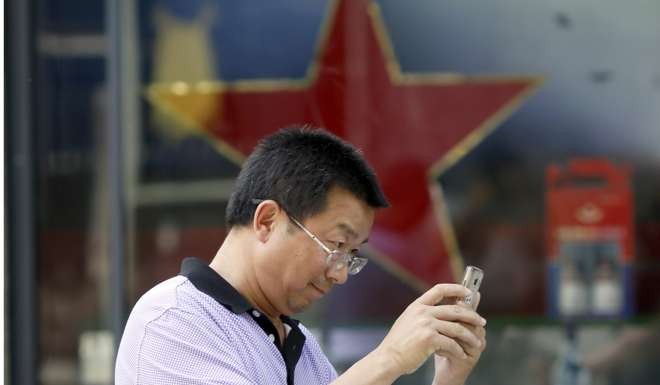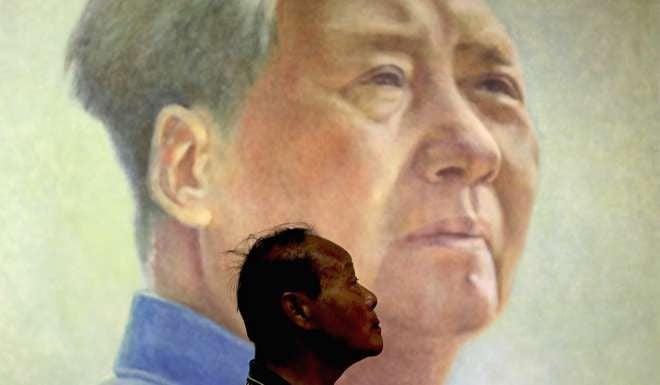
Propaganda and censorship remain China’s favoured tools of control
Cary Huang says recent court rulings rapping people who questioned the party-state’s tales about war heroes reflect Communist leaders’ insecurity over their rule
Two recent court battles over historical facts have demonstrated how tight China’s ideological control is and how anxious the party leadership is about its legitimacy of rule.
In the first case, the court convicted Sun Jie (孫傑), who had over nine million followers on Sina Weibo, and beverage company Jiaduobao (加多寶) of insulting the memory of Qiu Shaoyun (邱少雲), a communist soldier killed by a US bomb in Korea. Communist Party propaganda hails Qiu as a martyr, saying he chose to stay still and burn to death to avoid exposing his unit’s position to the enemy. Sun posted a message in 2013 comparing Qiu to barbecued meat, and Jiaduobao got entangled last year after posting a message referencing Sun’s barbecue fame.

China’s propaganda chiefs rapped by government inspectors over ‘weak’ efforts to control the internet, media
In the second case, writer and historian Hong Zhenkuai ( 洪振快) cast doubt on the accuracy of a detail in the official narrative of the “Five Heroes of Langya Mountain”, who chose to leap off the mountain rather than surrender to the Japanese invaders.
Both tales have been taught to generations of Chinese, featured in school textbooks and celebrated in film, literature and paintings.
China’s leaders fear revisiting the party’s disgraceful past may tarnish its image
In recent years, similar doubts have been raised about the stories of several other communist heroes.
History is based on facts, and academic inquiry into historical facts is what historians do. But both cases came amid an intensifying crackdown on the mainland over the right to question the party’s telling of the past, which has been branded “Western-influenced scepticism” by some. More widely, there is an escalating crackdown on political dissent and freedom of academic research and speech.
Chinese people grow up learning to endure state-sponsored brainwashing. The story of a man staying still while suffering the unimaginable pain of being burned alive goes against basic scientific knowledge. Such a falsification would not have been a big deal under Mao Zedong’s (毛澤東) ultra-leftist rule. Under Soviet influence, party propagandists have often used historical revisionism to advance the party’s agenda. Though party leaders acknowledged such mistakes in a historic document in 1981, propagandists are now out in force trying to convince people that somehow revolutionaries possessed biological traits that defied common sense.
Popular website for Chinese intellectuals pulled offline

Beijing clamps down on news portals, ordering round the clock monitoring
After three decades of market reform, we are now seeing a push to revive Maoism. China’s current leaders fear that revisiting the party’s disgraceful past may tarnish its image. In their eyes, the recent wave of academic inquiries into history is a Western-inspired scheme that aims to overthrow communist rule in the country. Indeed, President Xi Jinping ( 習近平 ) attributed the Soviet Union’s collapse in part to such machinations.
So the debate about historical facts has become a fight between independent intellectuals and the party-state, between the state monopoly of historical narratives and the freedom of academic research and speech.
Despite China’s economic progress, the latest developments suggest its leaders still believe that propaganda and censorship are its two main tools of rule.
Sadly, such leftist campaigns to curb free speech and the free flow of information will ultimately constrain China’s development, which today depends on technological advancement, creativity and innovation.
Cary Huang is a senior writer at the Post

